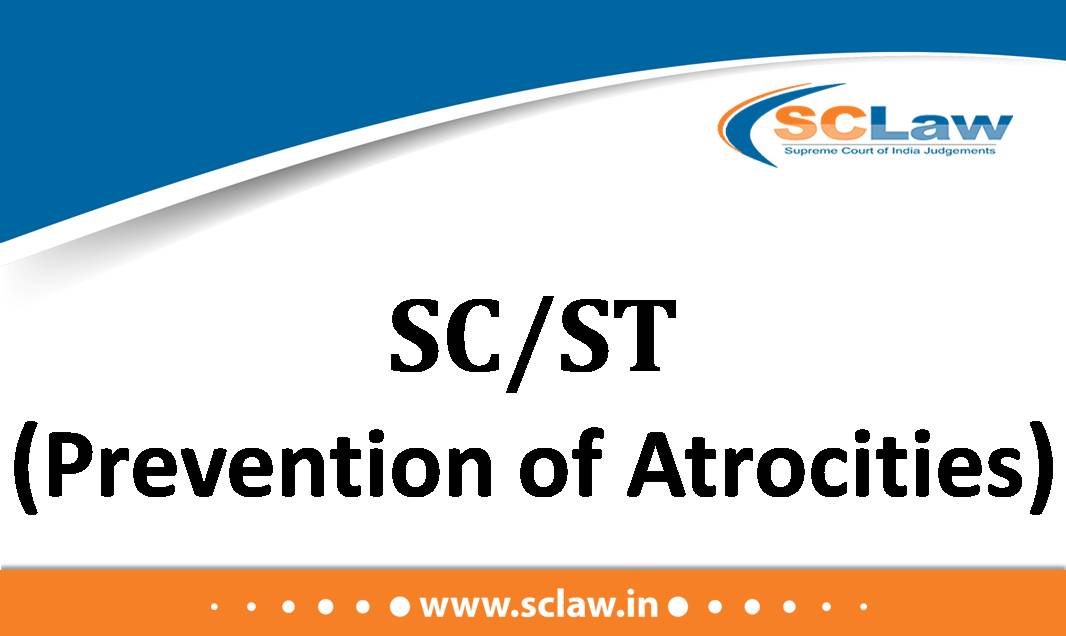Scheduled Castes and Scheduled Tribes (Prevention of Atrocities) Act, 1989 — Section 3(1)(xi) — Conviction and Requirement of Caste-Based Intention — High Court’s finding that the offence was committed “simply for reason that the complainant was belonging to scheduled caste” held perverse — No statement in court by the victim or PW-2 suggesting that the accused were motivated by the victim’s caste — Finding based on mere observation without evidence is unsustainable. (Para 20)
2025 INSC 1395 SUPREME COURT OF INDIA DIVISION BENCH DADU @ ANKUSH AND ANOTHER Vs. STATE OF MADHYA PRADESH AND ANOTHER ( Before : Dipankar Datta and Augustine George Masih,…


